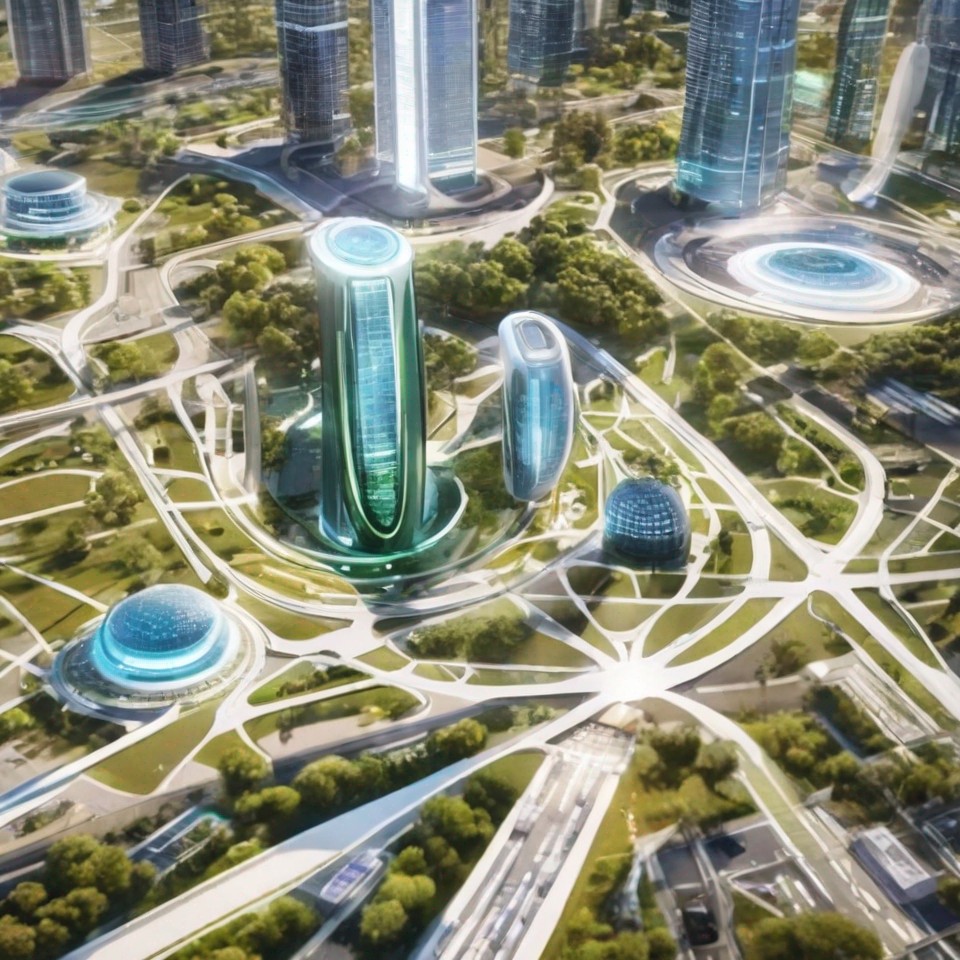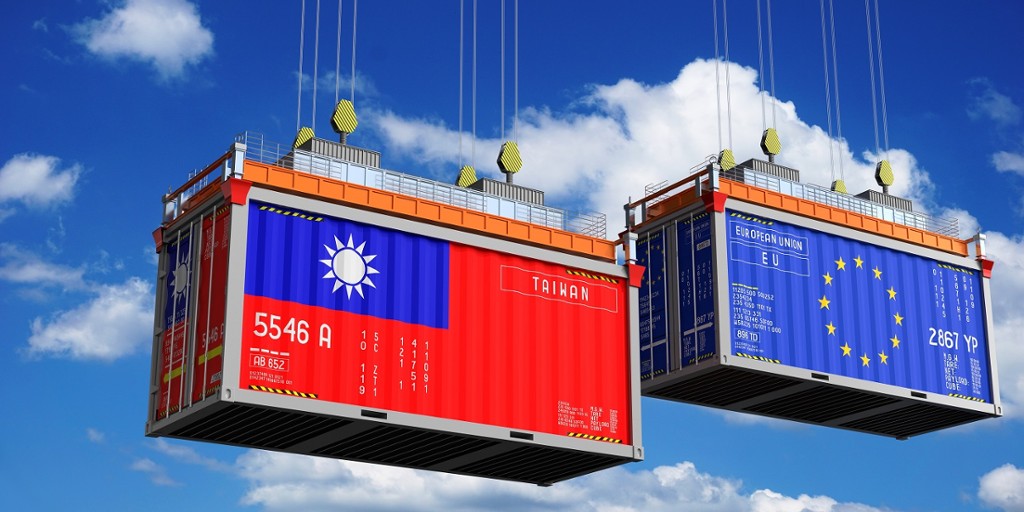Jake Sanders, Associate Editor
Taipei, Taiwan — As Taiwan embarks on an ambitious journey towards the development of smart cities, the integration of artificial intelligence and other cutting-edge technologies is set to redefine urban living. With urbanization accelerating and the demand for efficient, sustainable solutions growing, Taiwan’s smart city initiatives aim to enhance quality of life, optimize resource management, and foster economic growth.
A Vision for Smart Cities
Taiwan’s government has laid out a comprehensive plan to transform urban areas into smart cities, focusing on improving infrastructure, transportation, and public services through technology. By 2030, city planners envision a network of interconnected urban centers that leverage AI to create more responsive and resilient environments.
Enhancing Transportation with AI
One of the most significant advancements expected in Taiwan’s smart cities is the overhaul of public transportation systems through AI. By implementing intelligent traffic management systems, cities like Taipei and Kaohsiung will utilize real-time data to optimize traffic flow, reducing congestion and travel times. For instance, AI algorithms can analyze traffic patterns to adjust traffic signals dynamically, ensuring smoother commutes.
Moreover, autonomous vehicles are on the horizon. Pilot programs for self-driving buses and shuttles will not only ease the burden on public transport but also reduce carbon emissions, contributing to Taiwan’s sustainability goals.
Smart Infrastructure and IoT Integration
The integration of the Internet of Things (IoT) is another cornerstone of Taiwan’s smart city initiatives. Smart sensors installed throughout urban areas will monitor everything from air quality to energy consumption. For example, in Tainan, smart waste management systems will use sensors to alert waste collection services when bins are full, optimizing collection routes and reducing operational costs.
Building energy management systems will also play a critical role. AI can analyze energy usage patterns in real time, suggesting adjustments to optimize consumption and promote renewable energy sources, further enhancing sustainability.
Public Safety and Health Monitoring
AI technologies will also bolster public safety in smart cities. Surveillance systems enhanced with AI-enabled facial recognition and behavior analysis can assist law enforcement in real-time, improving response times during emergencies. Additionally, health monitoring systems can track community health trends, facilitating quicker responses to public health crises.
Citizen Engagement and E-Government
Smart cities in Taiwan will prioritize citizen engagement through digital platforms. AI chatbots and mobile applications will enable residents to report issues, access services, and engage with local government more effectively. This fosters a sense of community and ensures that urban development aligns with residents’ needs.
In cities like Taichung, e-government initiatives will streamline bureaucratic processes, making it easier for citizens to access permits and services online, thereby enhancing overall governance.
Taiwan’s commitment to building smart cities through the integration of AI and other technologies marks a significant step toward sustainable urban living. As cities evolve into interconnected ecosystems, the potential for innovation is immense. With a focus on transportation, infrastructure, public safety, and citizen engagement, Taiwan is poised to become a leader in the smart city movement, setting a benchmark for urban development globally.
As these initiatives unfold, the world will be watching closely to see how Taiwan harnesses technology to create a smarter, more sustainable future for its citizens.



